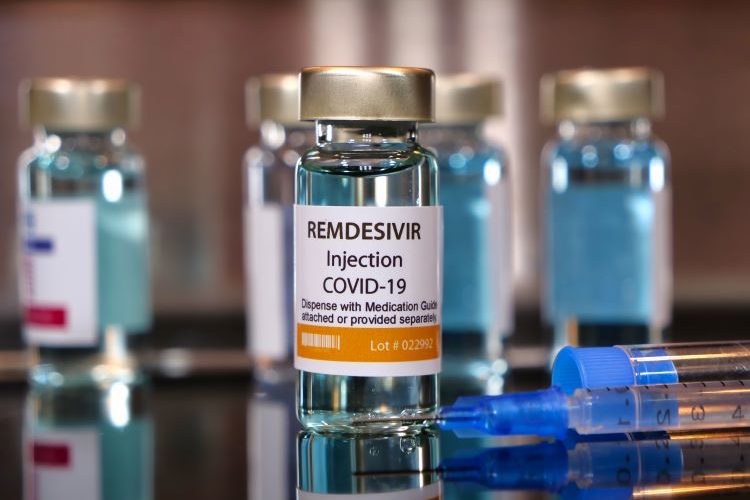Trio of therapies reduces risk of death in patients with severe COVID-19
Posted: 11 August 2022 | Caroline Peachey (European Pharmaceutical Review) | No comments yet
A combination of dexamethasone, remdesivir, and baricitinib was associated with a ‘significant survival benefit’ when compared with dual therapy of dexamethasone with remdesivir, according to a retrospective study.


Hospitalised patients on high-flow oxygen for severe COVID-19 pneumonia were nearly 50 percent less likely to die when treated with antiviral remdesivir in combination with steroid dexamethasone and baricitinib, according to research from Rutgers Ernest Mario School of Pharmacy in the US.
The research was published in the Canadian Journal of Infectious Diseases and Medical Microbiology in July.
The study compared outcomes for 110 patients treated with remdesivir and dexamethasone and 81 treated with both those medications plus baricitinib at Saint Peter’s University Hospital in New Jersey, USA, between June 2020 and June 2021.
The authors stated that previous trials (RECOVERY, ACTT-1, and ACTT-2) had demonstrated that use of dexamethasone, remdesivir, or a combination of remdesivir with baricitinib leads to mortality benefit and faster time to recovery, respectively. However, no studies had investigated the benefit of triple therapy of dexamethasone, remdesivir, and baricitinib in patients with severe COVID-19 infection.
According to the paper, patients receiving triple therapy (remdesivir/dexamethasone/baricitinib) had a significant survival benefit (HR 0.52; P=0.042). Treatment with triple therapy vs. dual therapy also trended towards less requirement of mechanical ventilation (OR 0.66; P=0.26). However, the triple therapy was not associated with less time on ventilators or a shorter stay in hospital for patients with severe COVID-19 infection.
“All three of the medications work in different ways, so it makes sense that you [would] get added therapeutic benefit by combining them,” commented Maria Cardinale-King, a Clinical Assistant Professor at the Rutgers Ernest Mario School of Pharmacy and a Clinical Specialist at Saint Peter’s University Hospital.
Reflecting on the study, Cardinale-King warned that “most of these cases took place before variants emerged, so these findings may not hold true for newer forms of COVID-19.”
“However, we [have not] had enough people hospitalised recently to optimise protocols for new variants, so for now [it is] reasonable to use protocols that worked best on the original variant,” she added.
In November 2020, the US Food and Drug Administration (FDA) issued an Emergency Use Authorization for baricitinib in combination with remdesivir to treat COVID-19 in hospitalised patients.
Baricitinib is an oral medication that selectively inhibits Janus kinase (JAK) 1 and 2 that inhibit intracellular cytokine pathways; it is used to treat rheumatoid arthritis, alopecia areata, as well as severe COVID-19.









